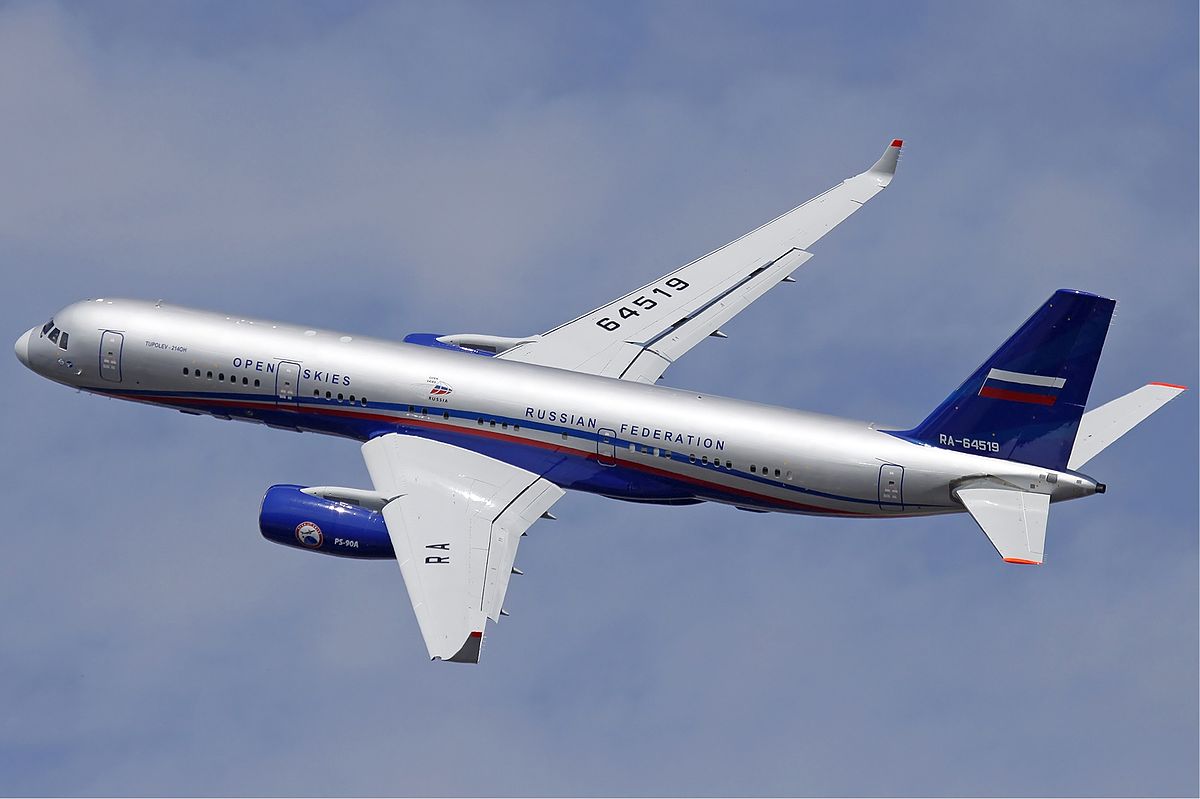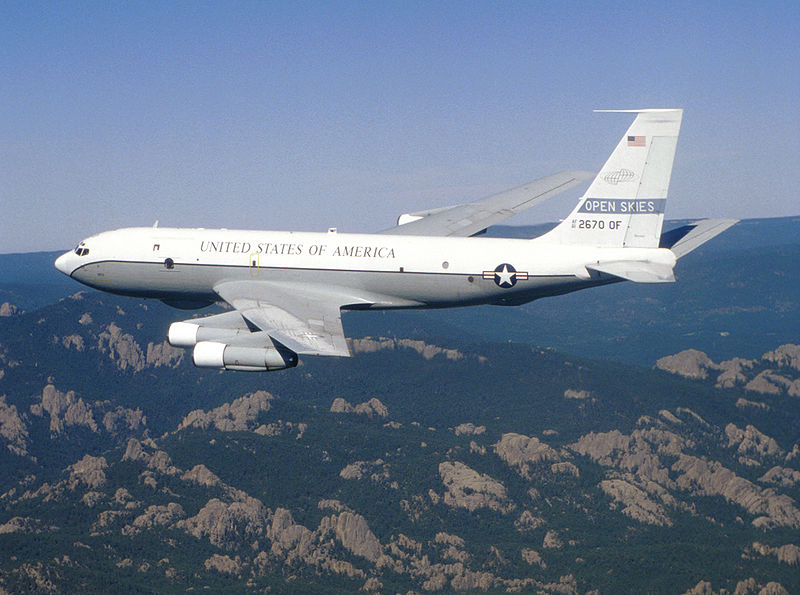
We don’t need #Yalta 2.0 or #Helsinki 2.0 in #Europe now. We need #Stockholm 2.0: The Conference on Confidence- and Security-building measures and Disarmament in Europe 1984-1986. Crucial at the time, largely forgotten today. A thread. 1/14
2/For context: Before Stockholm East-West relations had hit rock bottom. In 1976, the SU started to deploy SS-20. In 1979, it invaded Afghanistan & NATO took its double track decision. In Sep 1983 the SU shot down Korean aircraft 747. In Dec 1983 Pershing II arrived in Europe.
3/In response the SU walked out of the ongoing bilateral talks with the US on INF missiles in Geneva and stopped negotiating conventional arms control (MBFR) with NATO in Vienna. But at the same time Moscow agreed to talks in Stockholm. The conference opened in Jan 1984.
4/The mandate for the conference followed the CSCE Madrid meeting. It did not cover nuclear issues, nor did it aim at revising the European security order. From the Western perspective, it was designed to develop & agree concrete military-technical CSBM addressing surprise attack
5/The SU, however, wanted to talk about general pol commitments of non-use of force and employ the conference to activate public opinion against NATO missile deployment. It took the parties until Dec 1984 to agree the agenda & form working groups. Disarmament was postponed.
6/ At first, the SU and the WTO (exception: Romania) insisted on general political commitments (even including NWFZ and chemical weapons), NATO (and the ‘Neutrals’) on concrete military measures. Over 1985 the WTO started to table more detailed proposals.
7/ In July 1986 the WTO accepted NATO's functional approach. The functional approach meant that air and naval activities could only be covered in a CSBM regime if they were functionally related to ground force activities in the area of application. This is still the case.
8/ Yet, Stockholm marked a revolution. For the first time ever did the SU agree to on-site inspections. The final Document still represents the core of the Vienna Doc 2011, the main CSBM instrument of the OSCE: regulation of exercises, mil-to-mil contacts & annual info exchange.
9/ Observer may argue that Russia has blocked the modernization of the Vienna Doc since 2014 and keeps using loopholes to evade its provisions. This is true. From Moscow’s point of view NATO containment policy undermines “indivisibility of security”. Sounds familiar?
10/ Since 2019, we do have a proposal about VD modernization sponsored by more than 30 states, which has been hailed as a diplomatic breakthrough. But, again, from Moscow’s perspective this is not the case. Truth be told, the proposal does not exactly address Russian concerns.
11/ Many of these concerns go back to Stockholm: inclusion of stand-alone naval forces, notifications of multinational forces, and trans-border military transits, all of which aim at restricting and monitoring NATO, but particularly US forces.
12/ Now, we are essentially back in 1982-1983. Three different platforms for negotiating three different issue areas. Missiles and nuclear issues in Geneva, NATO-Russia relations in Brussels and CSBM in Vienna. Neither Yalta, nor Helsinki provide the right analogy.
13/ Stockholm 2.0 would acknowledge common responsibility for preventing military escalation w/o forgoing central positions & leaves basic political principles intact. This presupposes a readiness for compromise. Key terms: stabilization, military dialogue and confidence-building
14/ We need strategic patience. The Soviet Union returned to MBFR in April 1984. Negotiations ultimately ended in Feb 1989 w/o tangible results but the subsequent CFE negotiations were successful. In Dec 1987 Gorbachev & Reagan signed the INF Treaty. This is the silver lining.
• • •
Missing some Tweet in this thread? You can try to
force a refresh





